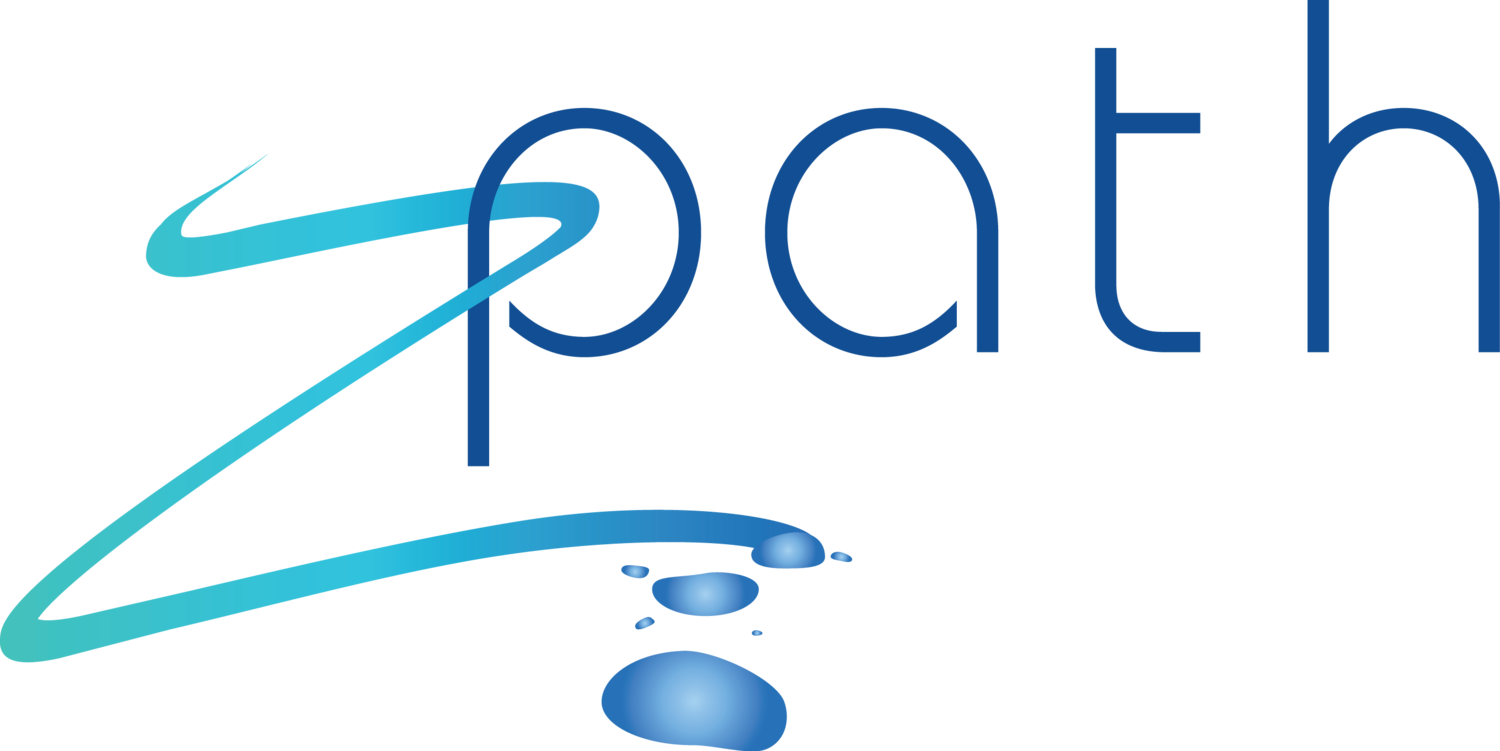When you accomplish something new or something on which you’ve worked hard, how do you feel? Do you feel empowered, smart, and excited, ready for the next adventure? Do you feel the same way when your plans don’t turn out the way you thought they would, why not? Do you get frustrated or upset? All too often we can get caught up in the blame game. If we fail or fall short of our goal, we have a natural tendency to search for blame. Sometimes we blame ourselves; sometimes we blame others, and sometimes we blame uncontrollable circumstances. No matter what we blame, we are wasting our time. Blame is a non-productive habit that stunts personal growth.
What’s the alternative? Accountability: owning the results of our actions, good or bad, and learning from our experience to improve for the future. Consider all of the Executive Function Skills (EFS) we’ve talked about so far. We use Organization to create a place for everything and put everything in its place. We use Planning & Goal Setting to determine what needs to be accomplished, and by when. We use Time Management to schedule when to do what needs to be done. We use Self-Regulation to keep on track or adapt our approach to reach our defined goals. Now it’s time to tie it all together and close the loop. Think of accountability as the executive function of executive function skills. Just like the first four EFS allow us to focus all of our skills and energies productively, the fifth EFS, accountability, helps us tune the other EFS for even better results. This means stepping back to assess what we’ve done or not done, how well that worked or failed, understanding why our actions succeeded or missed the mark, and committing ourselves to an improved course of action for the next time.
Business schools teach a famous story about IBM’s founder Thomas J. Watson, Sr. in which a young vice president offered his resignation after spending $10 million on a research project, which failed. Watson replied, “Why would I fire you? I’ve just spent $10 million on your education. Now, let’s talk about your next assignment.” Watson understood accountability. It’s not about judging or blaming. It’s about learning and growing.
Waldorf Schools are committed to the ideal of helping young people develop their own capacities of understanding, caring, and acting, to become adults engaged in learning and growing throughout their lives. So how do we model and teach accountability in a Waldorf School?
In Early Childhood classes children learn different techniques of finger-knitting. Aside from the small motor skills, eye-hand coordination, and pre-reading brain development, this also provides an opportunity for children to make mistakes and learn from those mistakes. Teachers model acceptance of diversity and different skill levels. Older children are shown not to tease younger children for what skills they haven’t mastered, but to help younger children in mastering skills they don’t yet have, like tying their shoes or climbing monkey-bars.
In the Lower School, children experience through painting and form drawing how to incorporate simple shapes into other more complex shapes. This models for students how to adapt what may at first feel like a mistake into something constructive. Students receive simple homework assignments and are held accountable to turn in their work on time.
In the Middle School, when inevitable social conflicts arise, teachers teach conflict-resolution and group problem-solving. Students learn to discuss their disagreements without judging or blaming one another, to seek common ground and win-win outcomes. More complex assignments like reports receive more critical feedback – offering not competitive ranking of grades, but guidance on how students can improve their work.
In the High School, students begin developing their critical thinking skills as their astral bodies develop. They study archetypal stories of men and women who face and overcome their fears and weaknesses to become the heroes. Students are challenged to assess their own work, explore their own strengths and weaknesses, and begin steering their own course toward continuous improvement, learning and growth.
How can we as parents support our children to learn, practice, and incorporate these skills in the way they deal with success, failure, and everything in between? First, recognize and break down the blame game. Instead of getting upset about a bad test score, use missed questions or problems as a guide for further study. Help your child understand that they’re not expected to be perfect; they’re expected to learn from their mistakes.
Second, help your child practice all of the EFS we’ve reviewed. Help them observe and assess what works for them and what doesn’t. Help them consider why they got the results they got, and what they could do differently. Encourage them to continue experimenting, learning, and growing.
Lastly, model self-acceptance while striving for self-improvement in your own life. In the end, EFS are a set of tools. Our job as parents and teachers is to help our children/students develop their skills, use these tools, so that they can become independent, self-motivated, happy, contributing members of adult society. When they put all of the EFS together and take ownership for their achievements and lessons learned, they will be well on their way toward this goal.
How do you take accountability for your own successes and failures? How do search for, understand, and apply lessons learned? How do you teach and model these behaviors to your children? Comment below to let me know how EFS works for you, and what you struggle with.

